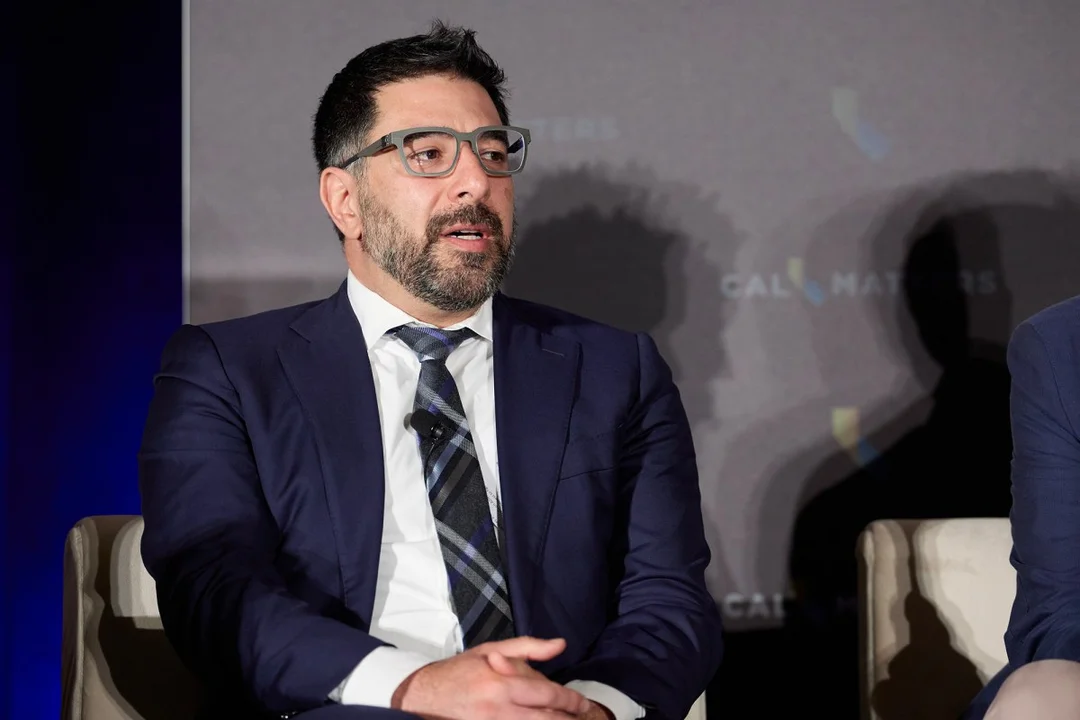
Is Big Tech Gaining the Edge in AI Regulation Battles?
In a surprising twist to California's pioneering efforts on data privacy, regulators are scaling back ambitious rules on artificial intelligence, raising questions about consumer protection in the digital age. This retreat comes amid intense pressure from industry giants, potentially reshaping how personal data is used for advertising and decision-making. As AI technologies continue to influence everyday life, the implications for privacy and innovation in the Golden State are profound.
At the heart of this development is the California Privacy Protection Agency (CPPA), created to enforce the California Consumer Privacy Act and its 2020 extension. Last week, the CPPA board unanimously voted to water down draft regulations that would have imposed strict safeguards on AI-driven systems. Critics, including consumer advocacy groups, argue this move favors big tech companies like Google and Meta, who rely heavily on behavioral advertising. These rules, initially designed to require risk assessments for automated decision-making, have been significantly weakened, reducing compliance costs from an estimated $834 million to $143 million annually for businesses.

The changes stem from pressure by Governor Gavin Newsom and business coalitions, who claimed the original proposals could stifle innovation and exceed the agency's authority. For instance, the revised drafts eliminate specific oversight on behavioral advertising, which uses user profiles to target ads and has been linked to risks like perpetuating inequality and endangering children. As board member Brandie Nonnecke expressed during a meeting, 'My one concern is that if we’re just calling on industry to identify what a risk assessment looks like in practice, we could reach a position by which they’re writing the exam by which they’re graded.' This highlights a growing worry that corporations might self-regulate, potentially undermining consumer safeguards.
Comparisons to other states, like Colorado's AI Act, show California's approach is becoming less stringent. The new rules narrow the definition of 'automated decision-making,' exempting systems that involve human oversight, even if algorithms play a significant role. Advocacy groups, such as the Tech Oversight Project and Electronic Privacy Information Center, have voiced frustration. Sacha Haworth noted, 'The CPPA is charged with protecting the data privacy of Californians, and watering down its proposed rules to benefit Big Tech does nothing to achieve that goal.' Meanwhile, Kara Williams from EPIC observed that the regulations have 'gotten weaker and weaker' with each revision, correlating directly with industry influence.
Despite these rollbacks, some protections remain for sensitive areas like employment, housing, and healthcare, where fully automated systems could determine outcomes. Businesses now have until 2027 to comply, giving them more time to adapt. This evolution reflects a broader national debate on balancing technological advancement with individual rights, as California's actions could set precedents for federal policies.
In summary, this regulatory shift underscores the challenges of governing AI in a tech-driven economy. While it may ease burdens on businesses, it leaves consumers questioning the future of their digital privacy. What do you think—should AI regulations prioritize innovation or protection? Share your views in the comments below and help shape the conversation on this critical issue.